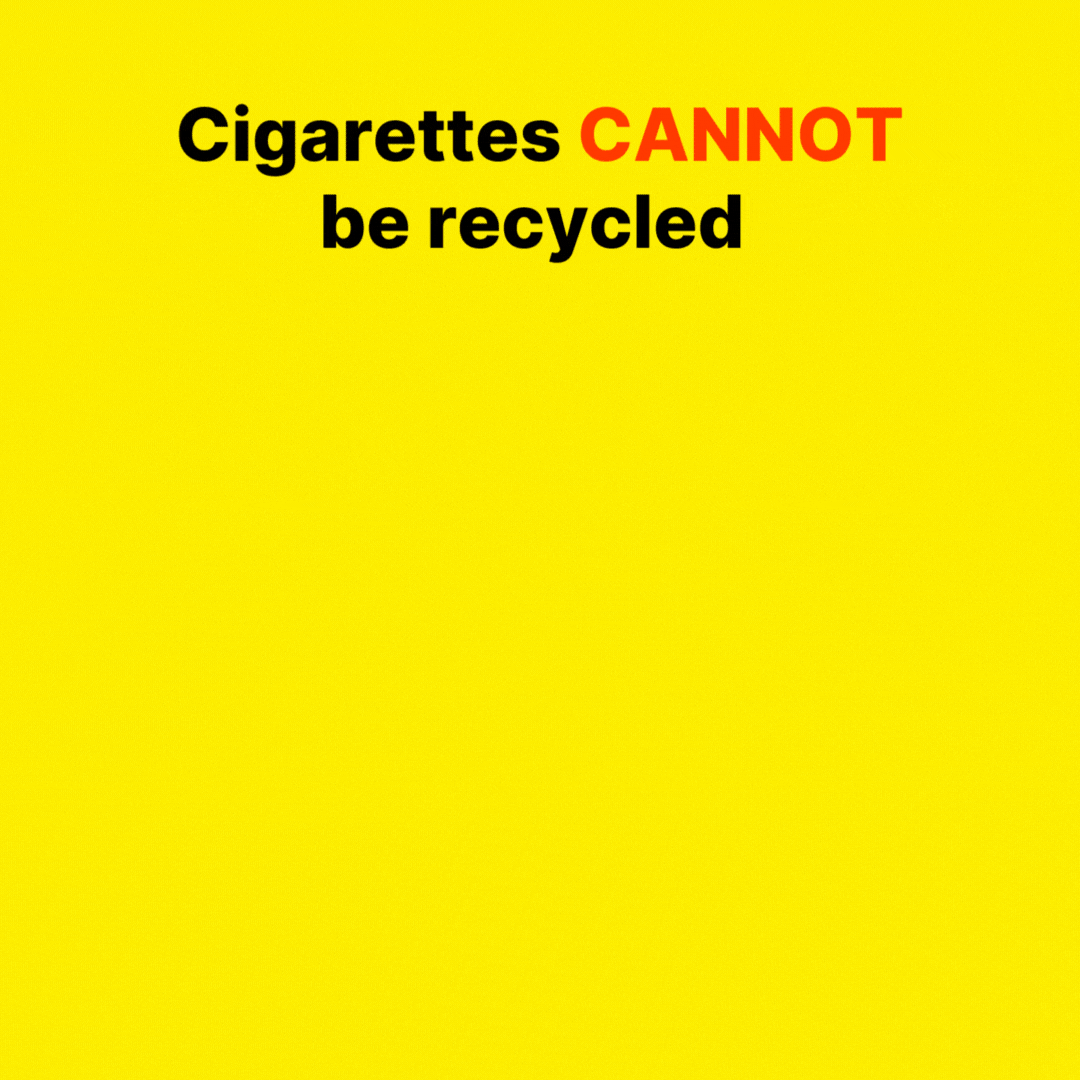Infographic
Dirty Secrets: How the Tobacco Industry Destroys the Environment & Hides It
The most littered single-use plastic on Earth


When you think of single-use plastics, do cigarettes come to mind? They should. Cigarette filters, which are in nearly all commercially made cigarettes, contain plastic. When it comes to single-use plastic pollution, they’re no different from plastic bags or bottles—only more common. The industry knows its filters are contributing to this global environmental threat, but keeps producing them anyway.

Independent research shows that filters do not make smoking healthier. The industry markets filters as a way to make cigarettes seem safer, but they can actually increase the harms of smoking, including when smokers inhale and ingest the plastic fibers found in filters.
The plastic contained in cigarettes is harmful to people and the environment. That’s why cigarettes must be regulated as a single-use plastic.
Download the infographic to learn more.